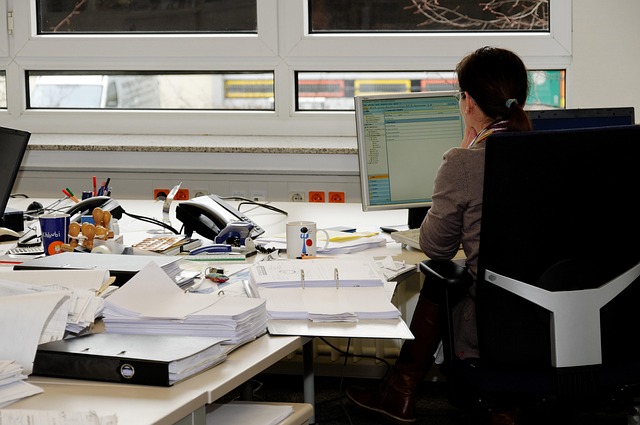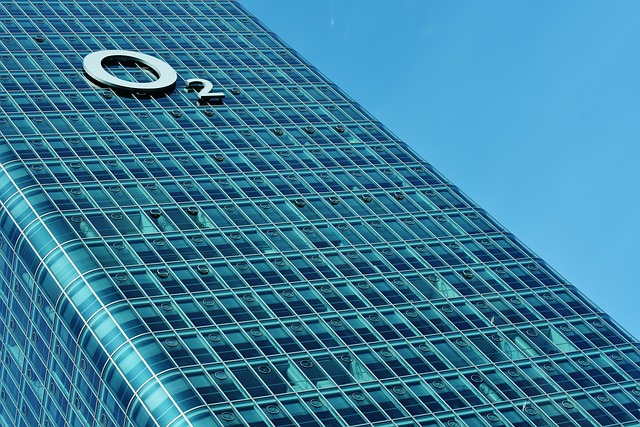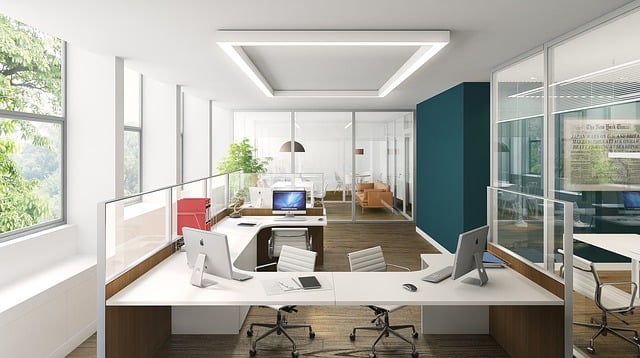Modern workplace trends favor suburban real estate over urban offices, driven by demands for work-life balance and personalized experiences. The pandemic accelerated remote work, shifting employee preferences towards quieter, closer locations. Real estate developers are converting suburban spaces into vibrant hubs, offering flexible, cost-effective options while maintaining access to city amenities. This renaissance transforms suburbs into thriving business centers, attracting startups and tech companies with diverse real estate opportunities.
Suburban offices are seeing a remarkable resurgence in popularity, challenging urban centers as the go-to work destinations. Shifting work trends, driven by remote work’s ascendance, have prompted employees and employers alike to reevaluate their spatial preferences. This change in dynamic is reshaping real estate markets, with suburban areas revitalizing their commercial spaces to cater to modern professional needs. From flexible layouts to improved amenities, these office hubs are becoming vibrant centers of collaboration and innovation, attracting a diverse range of businesses.
Shifting Work Trends Fuel Suburban Office Appeal

The modern workplace is evolving, and this shift has inadvertently boosted the appeal of suburban offices. In recent years, the traditional urban office space has faced increasing competition from remote work arrangements and flexible coworking environments. As a result, many employees are now seeking alternative work settings that offer a better work-life balance and a more personalized experience.
Suburban areas, once considered less desirable for businesses, are experiencing a real estate renaissance. The changing preferences of the workforce have led to a renewed interest in these regions, as companies look to establish or expand their presence outside bustling city centers. Factors such as ample space, lower overhead costs, and a peaceful atmosphere make suburban offices an attractive option for businesses aiming to cater to modern employee needs.
The Rise of Remote: A New Look at Suburban Real Estate

The shift towards remote work, accelerated by the global pandemic, has brought about a significant change in the real estate landscape. As more professionals embrace the flexibility of working from home, suburban areas are seeing a renewed interest from those seeking a quieter, more accessible alternative to bustling city centers. This trend is reshaping the way we think about urban and suburban living, with many individuals now prioritizing proximity to nature, shorter commute times, and larger, more comfortable workspaces over the traditional metropolitan hustle and bustle.
Real estate agents and developers are taking notice, adapting their strategies to cater to these evolving preferences. Suburban offices, once considered secondary options, are now being transformed into vibrant hubs, offering a peaceful environment for remote workers while still providing easy access to urban amenities. This shift is not just about changing locations; it’s a reevaluation of what constitutes an ideal workplace and living space in the modern era.
Revitalizing Urban Peripheries: Office Spaces Reborn

Suburban areas, often seen as quiet and residential, are undergoing a remarkable transformation with a renewed interest in their office spaces. This shift is part of a broader trend where urban peripheries are revitalized, offering an alternative to the bustling city centers. Real estate developers and investors are recognizing the potential of these suburban locations, once considered less desirable for commercial purposes.
The appeal lies in the ability to create modern, flexible, and cost-effective office environments while still providing easy access to urban amenities. By redeveloping former industrial sites or unused retail spaces, suburbs can attract startups, tech companies, and remote workers seeking a change of scenery. This rebirth not only breathes new life into these areas but also provides a diverse range of real estate options for businesses, fostering a vibrant and dynamic community.






